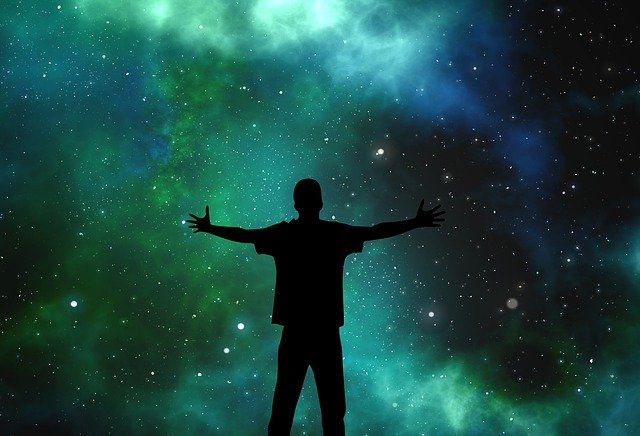After taking samples of blood and other tissues before and after Scott's annual assignment to the ISS, NASA physicians compared them to similar samples obtained from Mark. This opened interesting differences that caused life in space.

For example, molecular biologists have discovered that the so-called telomeres, the end sections of chromosomes that protect them from breakages, have become longer in space. This indicates a certain "rejuvenation" of Scott Kelly cells. On the other hand, there were also negative changes - the microflora of his intestines became different: in the body of the ISS commander, inflammations began to appear more often, and the condition of his bones deteriorated somewhat due to life in weightlessness.
Recently, Mason and his colleagues analyzed how the structure of DNA and the activity of some of the genes changed. As scientists joke, now it can not be considered a full-fledged of Mark - about 7% of his do not work as they did before flying to the .